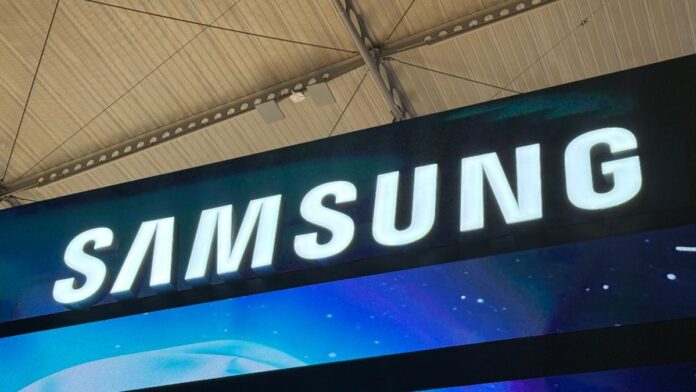Samsung will deliver its vRAN platform with support across multiple generations of mobile networks, including 2G, 4G, and 5G
In sum – what to know:
Expanded Open RAN role in Europe – Vodafone selected Samsung to supply vRAN and O-RAN compliant radios for deployments across several European countries.
Software-driven operations – The project includes Samsung’s CognitiV NOS, an AI-based operations suite to manage and optimize large-scale Open RAN systems.
RAN sharing models – Radios designed for wide-band, high-power performance aim to facilitate shared network deployments and reduce hardware and energy costs.
Samsung has been selected by Vodafone to provide virtualized RAN (vRAN) and Open RAN (O-RAN) solutions for large-scale deployments across several European markets, the former said in a release. The partnership marks a major step in Vodafone’s Open RAN rollout strategy, the Korean company said.
Under the terms of the agreement, Samsung will deliver its vRAN platform with support across multiple generations of mobile networks, including 2G, 4G, and 5G, alongside O-RAN compliant radios such as Massive MIMO units. The scope of the deal also includes system integration services.
Samsung noted its vRAN is based on a software-driven design that allows operators to integrate new capabilities more flexibly. According to the company, the approach can reduce operational costs, improve performance, and enable more energy-efficient deployments.
The deal also covers Vodafone’s use of Samsung’s AI-based CognitiV Network Operations Suite (NOS), a set of tools for monitoring, automating, and optimizing large-scale Open RAN systems. The NOS platform is designed to provide greater visibility across the full lifecycle of the network, from installation to optimization, the Korean company said.
In addition, Samsung will supply radios and software features supporting RAN sharing, a model considered important for accelerating Open RAN adoption across Europe. These radios are designed to handle wide bandwidth and higher transmit power to support shared deployments, while potentially reducing hardware duplication and energy use.
“Open RAN initially scaled rapidly, fueled by large-scale deployments in Japan and the U.S. However, after this sharp rise, total Open RAN revenues declined by roughly 40% within two years, as activity outside early adopters failed to offset the slowdown in the U.S. and Japan. While some moderation was expected, the pace of deceleration was sharper than anticipated, in part because of weaker 5G investments overall,” consultancy Dell’Oro said in a recent report.
Dell’Oro noted that Open RAN is beginning to show signs of stabilization, stating that Open RAN revenues grew year-over-year in Q2 and were nearly flat year-on-year in the first half.
“Long-term Open RAN growth prospects remain favorable. Although near-term headwinds and business case challenges persist, the broader trajectory continues to point toward greater openness, virtualization, intelligence, and automation across the RAN,” Dell’Oro said.
Dell’Oro also previously reported that the Radio Access Network (RAN) market continued to show signs of recovery in the second quarter of 2025.
The Dell’Oro’s 2Q25 RAN report also highlighted that growth in Europe and the Middle East and Africa nearly balanced out downturns in Latin America and Asia Pacific.

